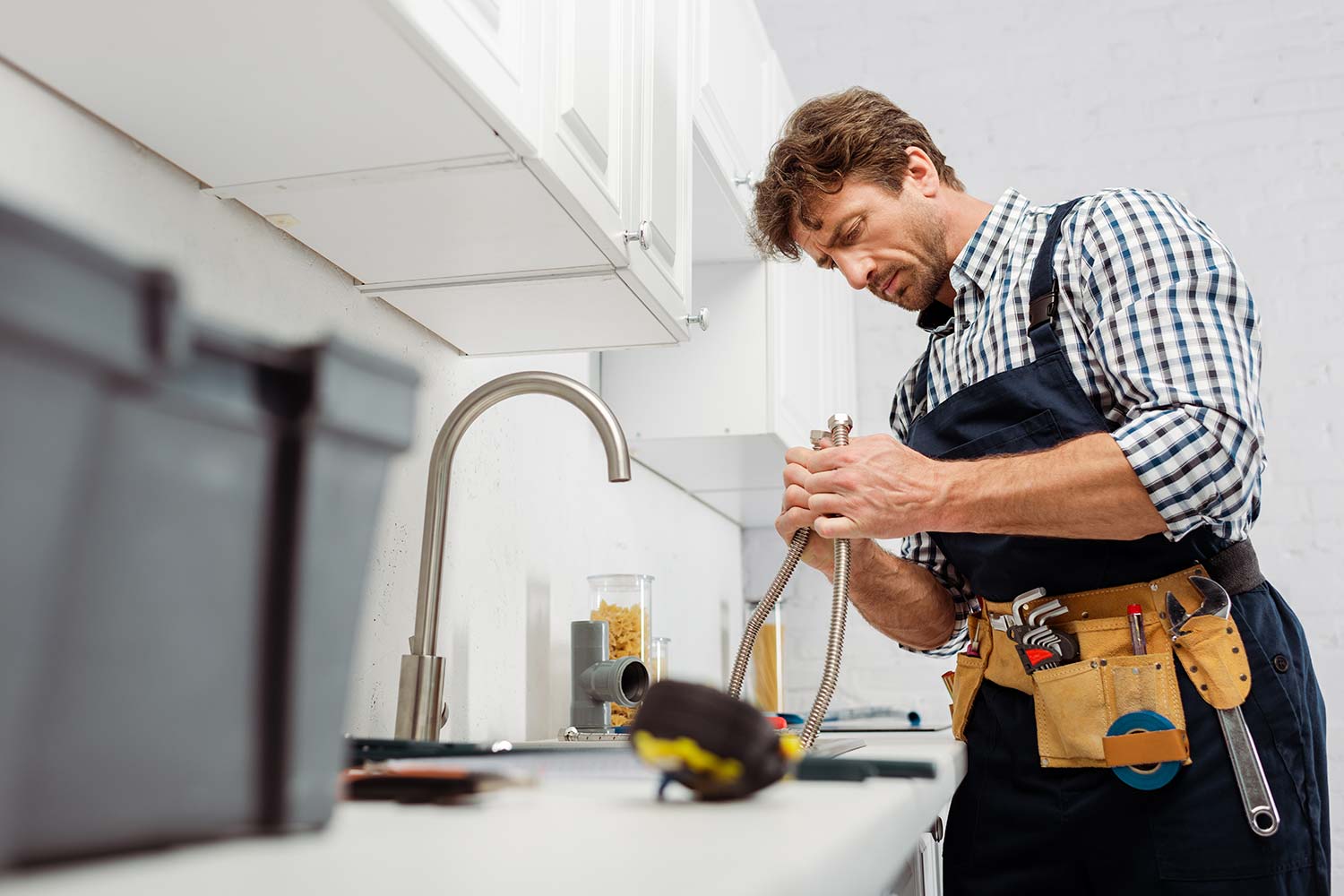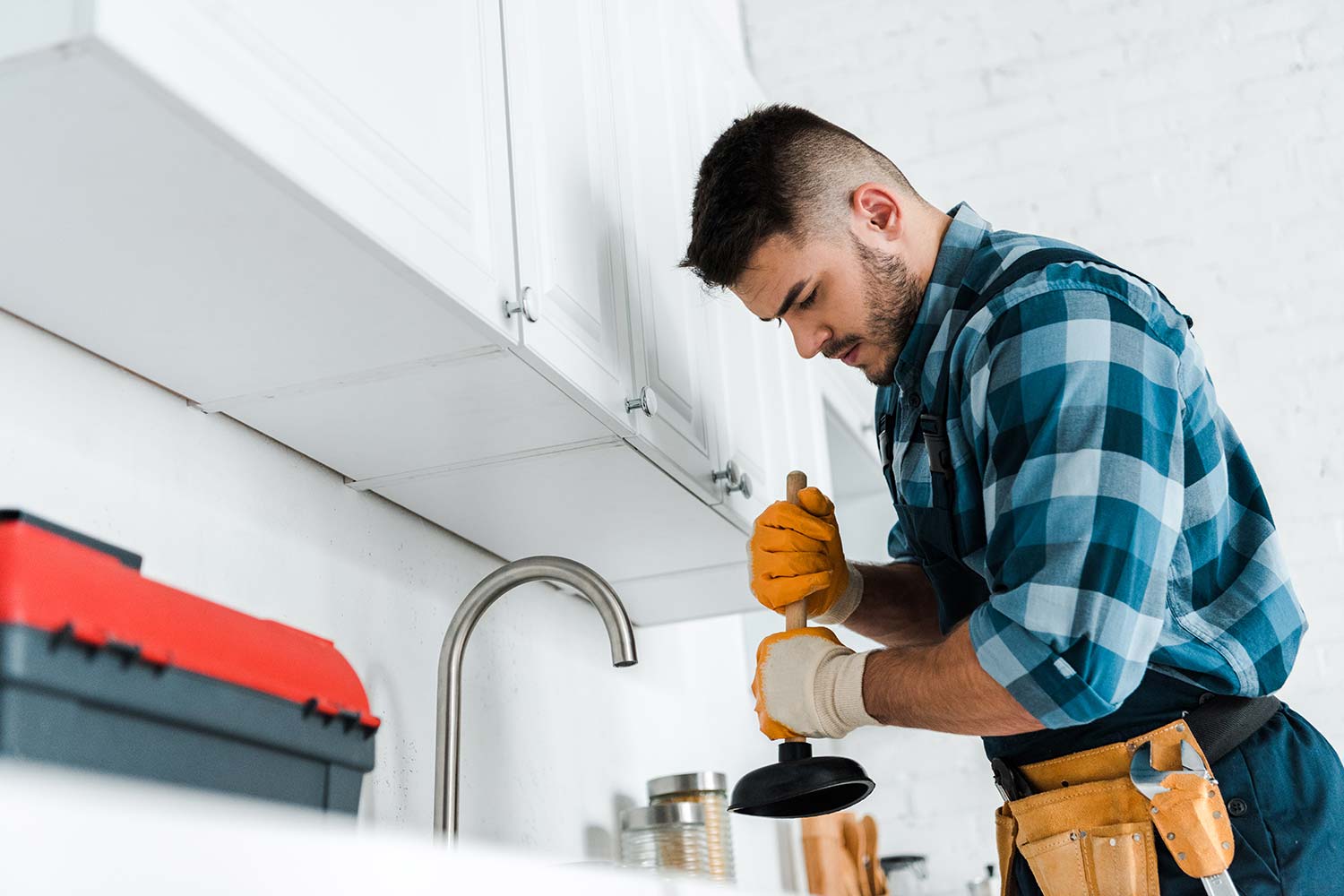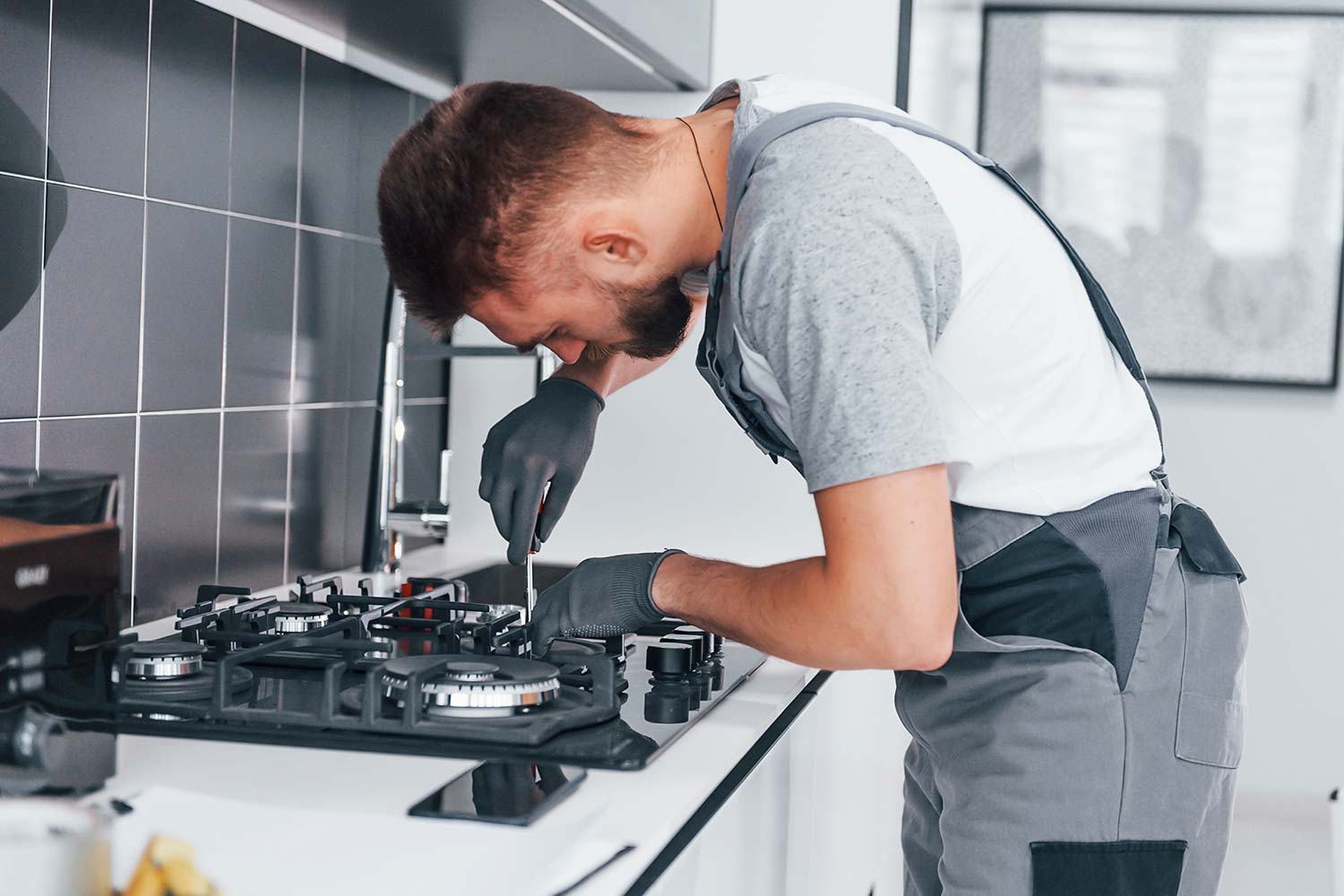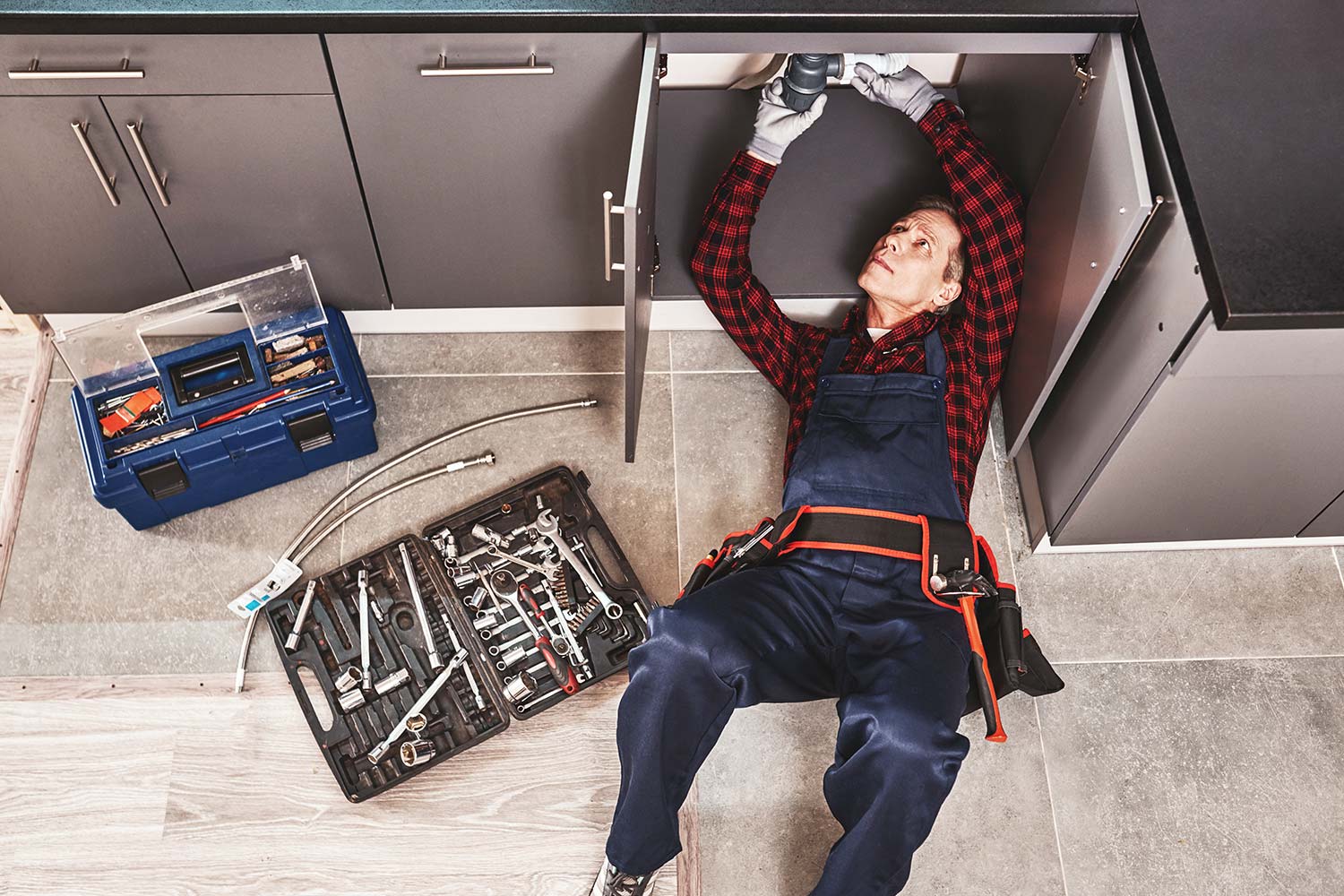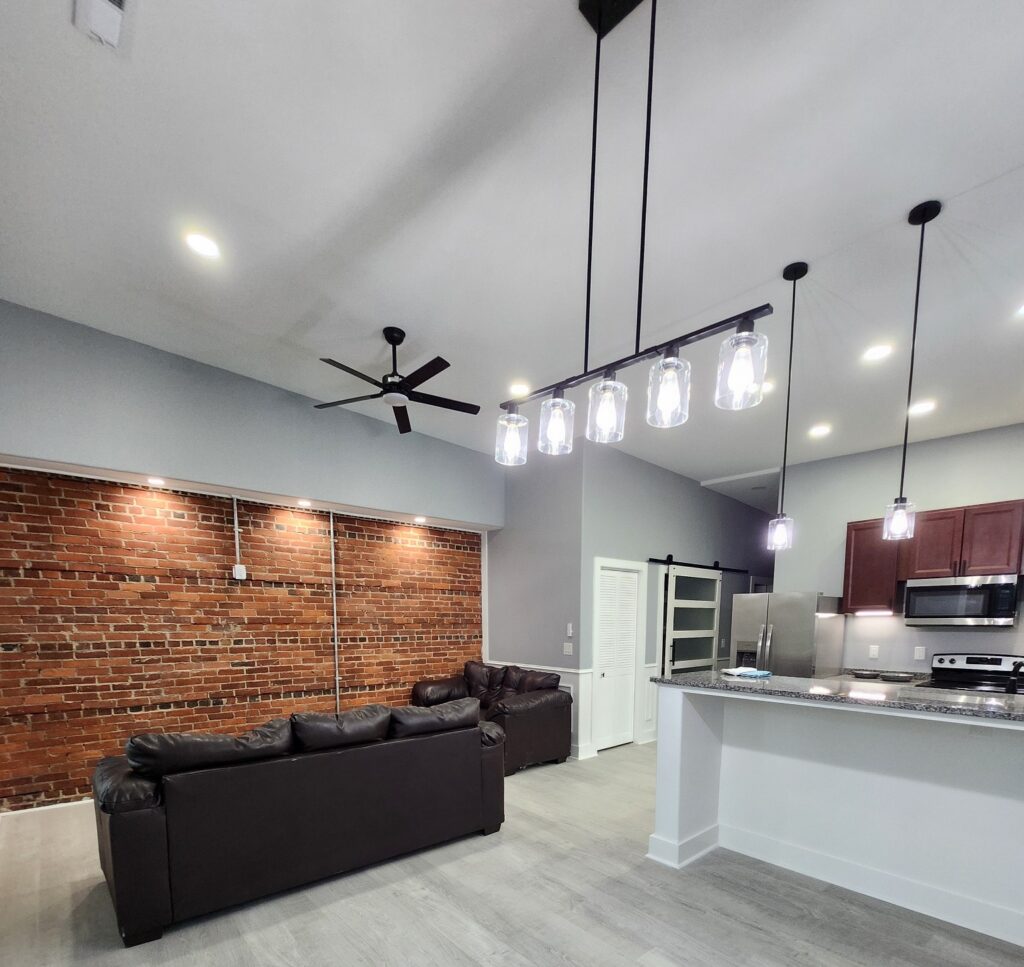In today’s world, energy efficiency is not just a buzzword; it’s a necessity for homeowners and businesses looking to reduce costs and minimize their environmental impact. Upgrading your electrical and HVAC systems is one of the most effective ways to enhance energy efficiency, save money, and improve comfort. At McPhae Trade Services, we believe in empowering our clients with knowledge about energy-saving solutions. Here’s how electrical and HVAC upgrades can lead to significant savings on your energy bills.
1. Understanding Energy Efficiency
Energy efficiency means using less energy to perform the same tasks, which leads to reduced energy consumption and lower utility bills. By upgrading to more efficient electrical and HVAC systems, you can minimize waste and maximize comfort in your home or business.
2. Benefits of Upgrading Electrical Systems
Older electrical systems can be inefficient and may not support the latest energy-saving technologies. Upgrading your electrical system can provide several benefits:
- Increased Capacity: Modern systems can handle higher energy demands, allowing for the installation of energy-efficient appliances and lighting.
- Enhanced Safety: New wiring and electrical panels reduce the risk of electrical fires and other hazards, protecting your property.
- Smart Technology Integration: Upgrading your electrical system allows for the integration of smart home technologies, which can automate energy use and provide insights into consumption patterns.
3. The Importance of HVAC Upgrades
HVAC systems are responsible for heating, cooling, and ventilating your indoor spaces. Upgrading your HVAC system can lead to substantial energy savings:
- Improved Efficiency Ratings: Newer HVAC systems often come with higher SEER (Seasonal Energy Efficiency Ratio) and EER (Energy Efficiency Ratio) ratings, meaning they use less energy to heat or cool your space effectively.
- Zoning Capabilities: Modern systems can be equipped with zoning technology, allowing you to control temperatures in different areas independently. This targeted approach reduces energy waste in unused spaces.
- Variable Speed Motors: Upgrading to systems with variable speed motors allows for more precise temperature control and reduces energy consumption by adjusting the output based on current needs.
4. Smart Thermostats: A Game Changer
Installing a smart thermostat can revolutionize how you manage your energy use. These devices allow you to:
- Set Customized Schedules: Program your HVAC system to run only when needed, saving energy when you’re away from home or during off-peak hours.
- Monitor Usage: Smart thermostats provide insights into your energy consumption, helping you identify patterns and make informed decisions to reduce waste.
- Control Remotely: Adjust your HVAC settings from anywhere using your smartphone, ensuring optimal comfort without unnecessary energy use.
5. Enhanced Insulation and Air Sealing
While not directly related to electrical or HVAC systems, upgrading your insulation and sealing air leaks can significantly enhance energy efficiency. Proper insulation reduces the workload on your HVAC system, leading to lower energy consumption and costs. Consider:
- Adding Insulation: Ensure your attic, walls, and floors are adequately insulated to keep heated or cooled air inside your home.
- Sealing Air Leaks: Identify and seal gaps around windows, doors, and ductwork to prevent drafts and energy loss.
6. Energy-Efficient Lighting Solutions
Switching to energy-efficient lighting options, such as LED bulbs, can yield immediate savings on your energy bills. LED lights consume significantly less energy and have a longer lifespan than traditional incandescent bulbs, reducing replacement costs and energy consumption.
7. The Financial Impact of Upgrades
Investing in electrical and HVAC upgrades may have an initial cost, but the long-term savings often outweigh the upfront expense. Many homeowners and businesses see significant reductions in their utility bills, which can lead to a quick return on investment. Additionally, various federal and state incentives are available for energy-efficient upgrades, further easing the financial burden.
8. Partnering with Professionals
Upgrading your electrical and HVAC systems can be complex, but working with experienced professionals like McPhae Trade Services ensures you make informed decisions. Our team can assess your current systems, recommend suitable upgrades, and assist with installation to maximize energy efficiency.

